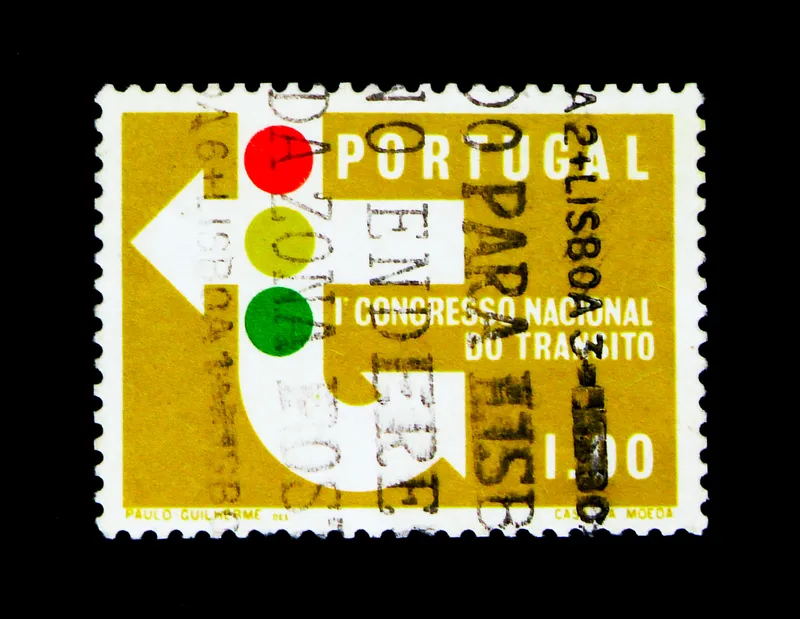Norwegian toll technology provider Q-Free has secured two new contracts worth a combined US$7.5m to supply toll tags to toll concessionaires in Chile and Brazil.Vespucio Norte Express in Chile has placed a US$3.4m order for the firm’s OBU610 toll tags, with delivery to start this May. Q-Free is also to supply tags to the value of US$4.1m to Centro Gestao Meios de Pagto (CGMP) in Brazil. One of the first urban concessionaires in Santiago, Vespucio Norte Express is one of the most modern road connections worl
March 1, 2013
Read time: 2 mins
Norwegian toll technology provider 108 Q-Free has secured two new contracts worth a combined US$7.5m to supply toll tags to toll concessionaires in Chile and Brazil. 7095 Vespucio Norte Express in Chile has placed a US$3.4m order for the firm’s OBU610 toll tags, with delivery to start this May. Q-Free is also to supply tags to the value of US$4.1m to Centro Gestao Meios de Pagto (CGMP) in Brazil.
One of the first urban concessionaires in Santiago, Vespucio Norte Express is one of the most modern road connections worldwide. In operation since January 2006, the 29km link is one of the busiest roads in the Chilean capital. It aims to reduce travel times, increase safety levels for users, contribute to urban development of the city and improve quality of life.
The contract with CGMP, meanwhle, is part of a frame agreement worth US$12.8m for the supply of tags. Tags valued at US$8.4m have already been supplied under the agreement.
Q-Free claims its fourth generation OBU610 transponder is the most advanced, universal tag of its kind.
It can be easily mounted on or removed from windscreens using a slide-in bracket, and supports all applicable 5.8GHz CEN DSRC protocols for automatic registration, identification and fee collection.
One of the first urban concessionaires in Santiago, Vespucio Norte Express is one of the most modern road connections worldwide. In operation since January 2006, the 29km link is one of the busiest roads in the Chilean capital. It aims to reduce travel times, increase safety levels for users, contribute to urban development of the city and improve quality of life.
The contract with CGMP, meanwhle, is part of a frame agreement worth US$12.8m for the supply of tags. Tags valued at US$8.4m have already been supplied under the agreement.
Q-Free claims its fourth generation OBU610 transponder is the most advanced, universal tag of its kind.
It can be easily mounted on or removed from windscreens using a slide-in bracket, and supports all applicable 5.8GHz CEN DSRC protocols for automatic registration, identification and fee collection.









